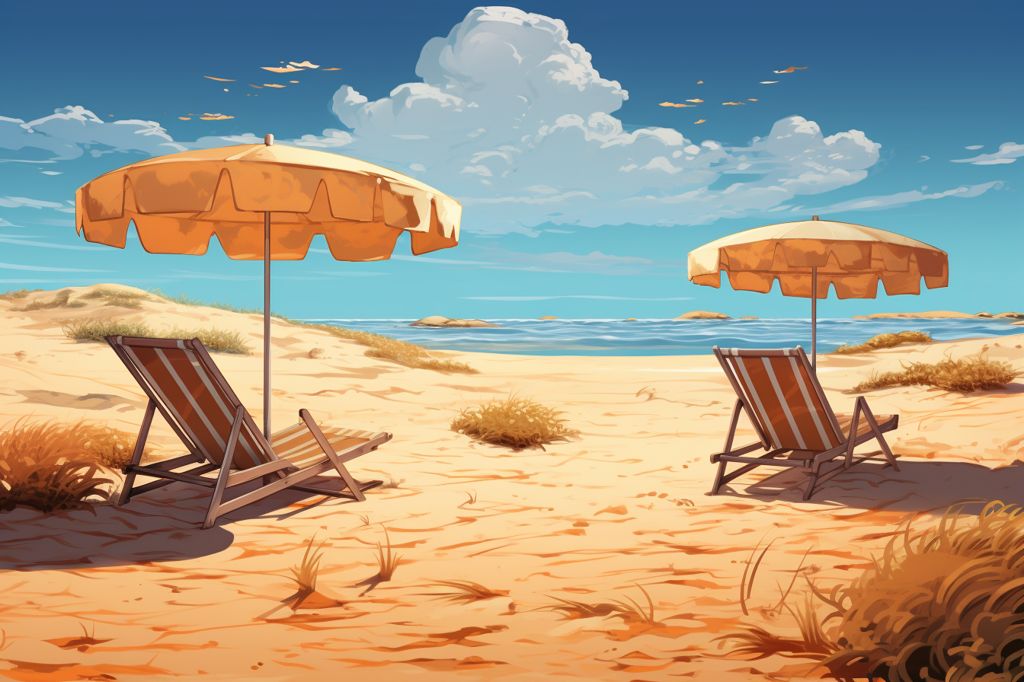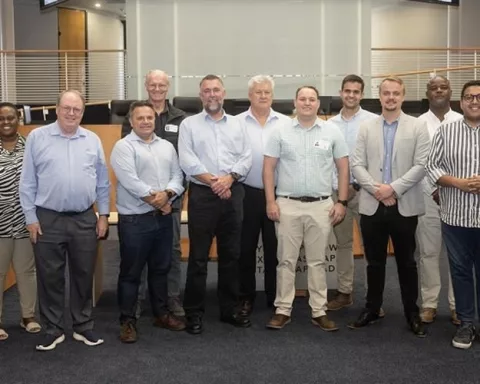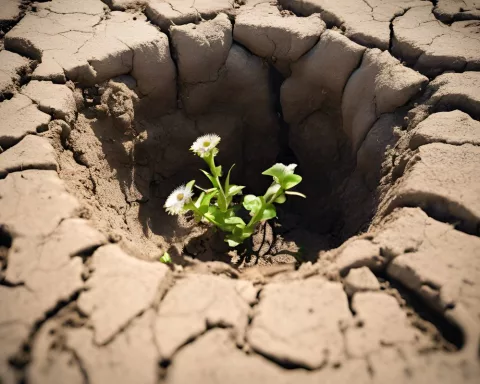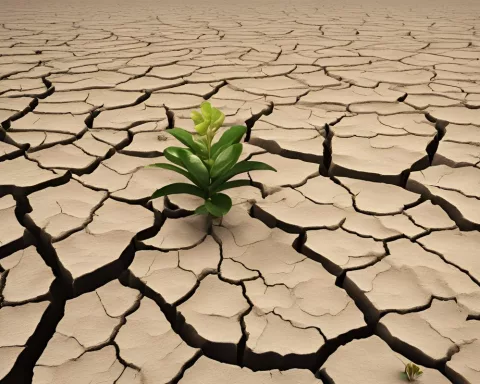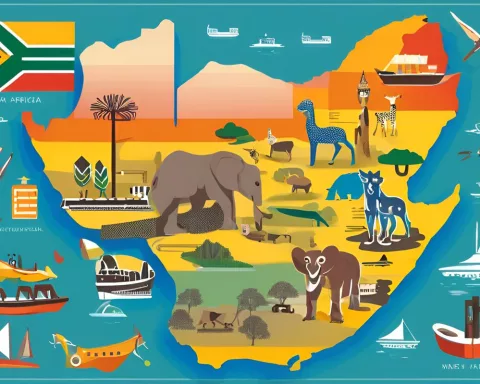The South Coast of KwaZulu-Natal, famed for its scenic beaches and verdant countryside, has been grappling with an acute water crisis for the last 18 months. The shortage of consistent water supply has led to disastrous consequences for the area’s travel, tourism, and hospitality industries.
Devastating Impact on Local Businesses and Residents
Residents have experienced over 107 days of water shortage between 10 December 2021 and 22 August 2022. This dire situation has forced many establishments to struggle to stay afloat, while potential tourists are hesitant to visit the region. For example, a hotel owner in Umzumbe has reported spending a staggering R2,000,000 in the previous financial year to truck in water due to the ongoing water shortage.
Numerous other bed and breakfast establishments and holiday cottages are facing similar predicaments, with many property owners attempting to sell their assets as the crisis continues to unfold. Cancelled bookings have become increasingly common, leaving local businesses with limited revenue, leading to layoffs and shop closures.
FEDHASA’s Concerns for the Tourism and Hospitality Industries
The Federated Hospitality Association of South Africa (FEDHASA), a vital player in the nation’s hospitality sector, has expressed grave concerns over the water crisis’s impact on the region’s tourism. Rosemary Anderson, FEDHASA’s National Chairperson, warns that the industry, which is a crucial economic driver for the area, is in danger and requires swift intervention.
To protect the livelihoods of local residents and ensure the region remains an attractive tourist destination, FEDHASA is calling on the government to prioritize the restoration of a stable and reliable water supply for the South Coast.
Root Causes and Urgent Government Intervention
The water crisis on the South Coast is due to aging infrastructure, corruption, and a lack of maintenance, as revealed by public hearings conducted by the South African Human Rights Commission (SAHRC). Although the SAHRC expressed concern over the crisis in September 2022, little progress has been made to remedy the situation, leaving local communities pleading for assistance.
FEDHASA urges the Department of Water and Sanitation (DWS) to take urgent action and address the escalating crisis, which poses severe consequences for both residents and businesses in the area. Private water tanker operators are capitalizing on the desperate situation by charging exorbitant fees, exacerbating the financial strain on struggling businesses.
In summary, the ongoing water crisis on the South Coast of KwaZulu-Natal is having a devastating impact on the region’s travel, tourism, and hospitality industries. Swift government intervention is necessary to restore a reliable water supply, rescue the struggling economy, and ensure the continued appeal of the area as a vibrant tourist destination.

